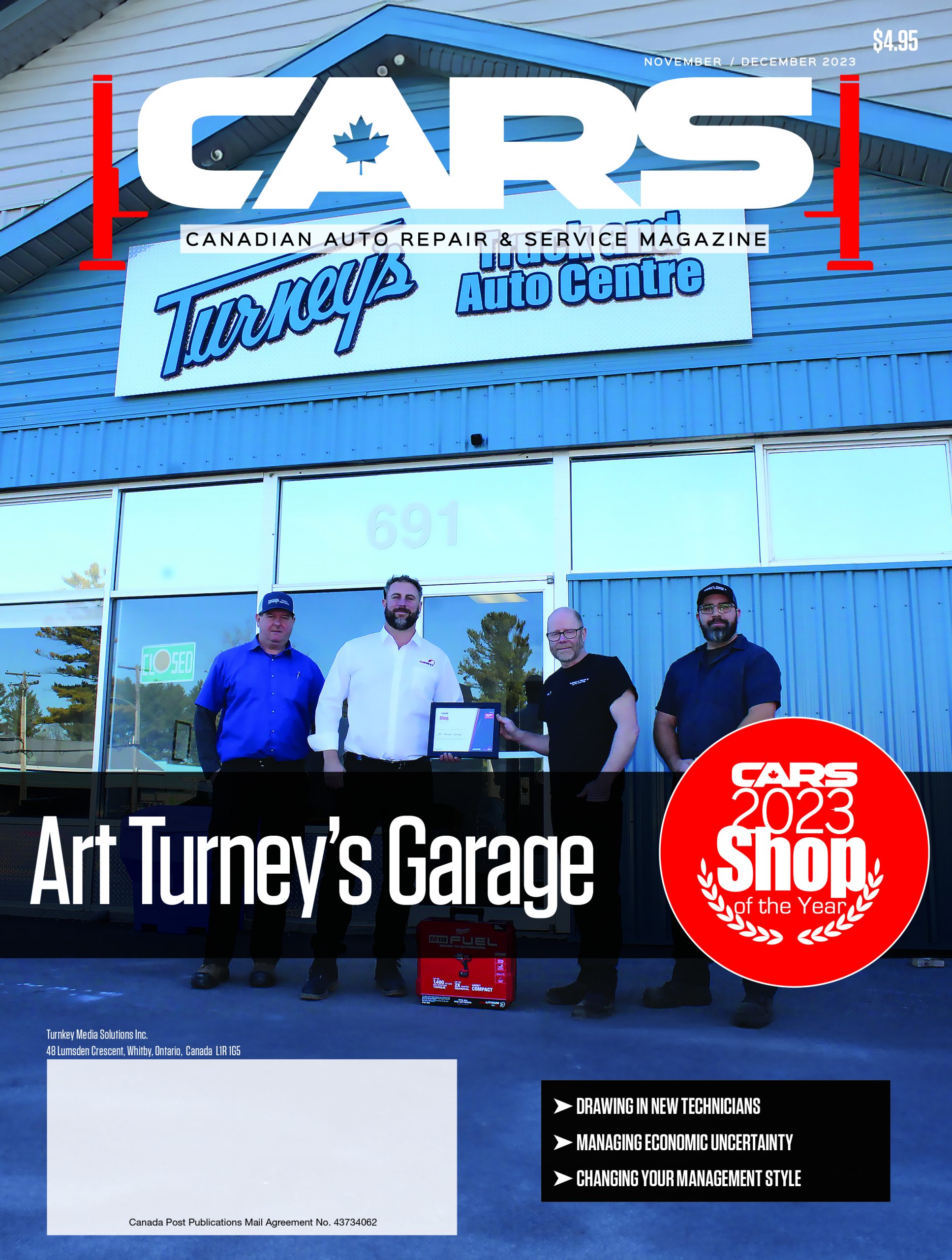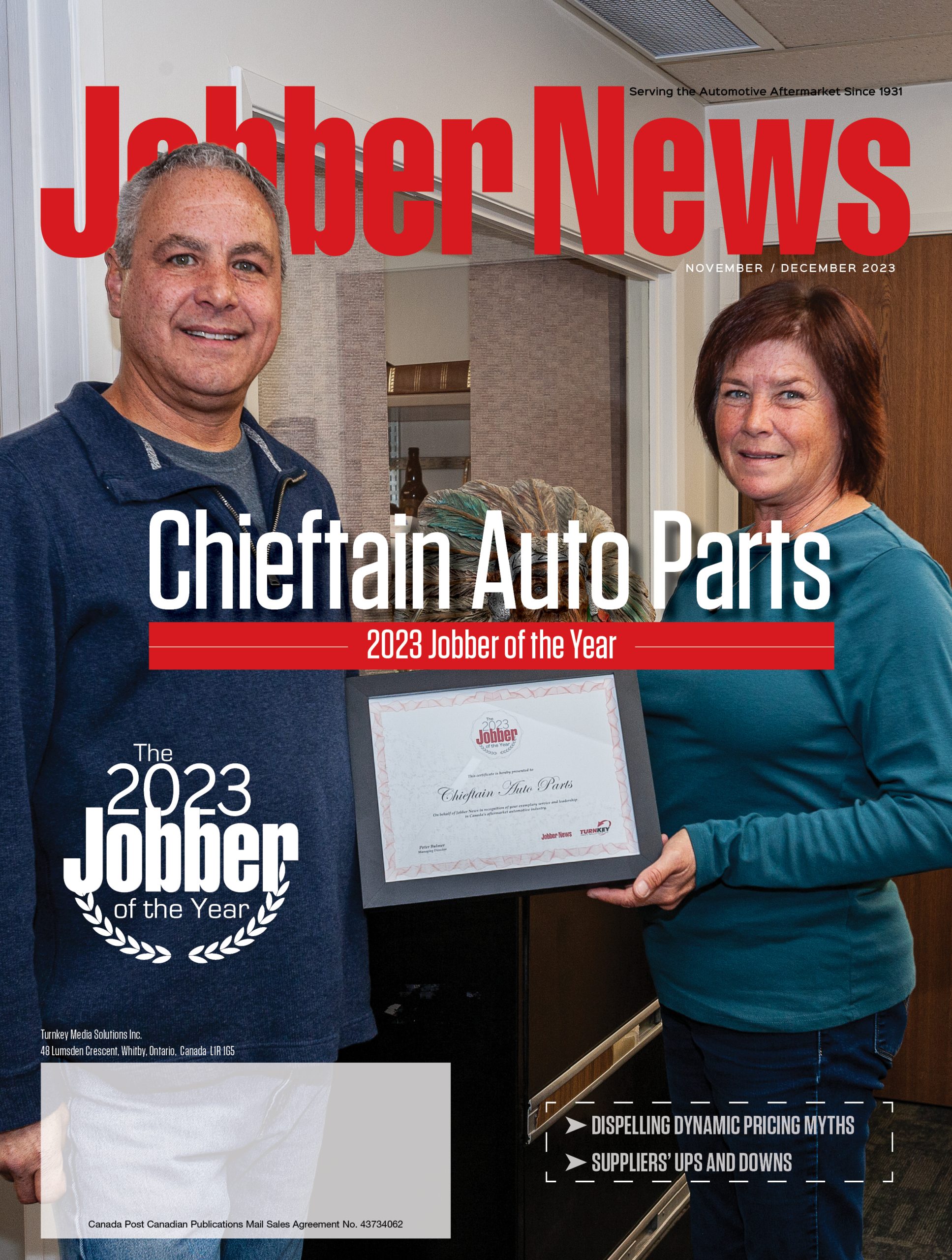
Pushback against right to repair pact continues
Auto Care Alliance questions why ASA now supports R2R after decades of opposition

Image credit: Depositphotos.com
More voices in the automotive aftermarket are coming out against a right to repair deal swung by three groups.
Within days of the Automotive Service Association (ASA), the Society of Collision Repair Specialists (SCRA) and Alliance for Automotive Innovation announcing a “landmark agreement” on automotive right to repair, one industry association after another has come out in opposition to the pact.
First were the Auto Care Association and MEMA Aftermarket Suppliers. In separate announcements, both criticized the agreement. Auto Care called it a “thinly veiled attempt to confuse lawmakers and drivers” and a response to The REPAIR Act which was introduced last year.
“As a transportation industry, we believe that we have one opportunity to pass federal legislation and that legislation must include the ability to prioritize and protect consumers’ access to both light-duty and heavy-duty vehicle repair and maintenance through all iterations of vehicle technology on the road today and to come,” MEMA said in its own statement.
Both noted they were not part of any discussions on this new deal. ASA and SCRS also did not sign nor support the 2014 Memorandum of Understanding — which their new commitment affirms. Auto Care also noted that ASA and SCRS “represent a small fraction of the independent repair market and do not speak for the automotive aftermarket.”
Then the Tire Industry Association (TIA) noted its opposition, saying this agreement “doesn’t go far enough” to address concerns or protect consumers.
All three raised concerns around enforceability, limited access to telematics and diagnostics, consumer protection, the non-binding nature of the agreement and more.
The Auto Care Alliance — which represents repair shops and has 1,300 members in 40 states — followed with a statement of its own, stating its opposition to the deal.
It also wondered why the ASA “has flipped positions after being vehemently opposed to right to repair for over 20 years,” its statement said. “The Automotive Service Association has repeatedly voiced its opposition to right to repair, and their reasons for opposing in the past have not been addressed in this new pact between ASA, SCRS, and the Alliance for Automotive Innovation.”
Notably, the Alliance is made up of former ASA members, including the Northwest Auto Care Alliance (formerly ASA Northwest), the Texas Auto Care Alliance (formerly ASA Texas) and the Florida Auto Care Alliance (formerly ASA Florida).
“The Automotive Service Association has repeatedly voiced its opposition to right to repair, and their reasons for opposing in the past have not been addressed in this new pact between ASA, SCRS, and the Alliance for Automotive Innovation.”
The Alliance called for a deal that every organization agrees to — not a select few. Similar to Auto Care, MEMA and the TIA, the Alliance noted concerns around enforcement and the voluntary aspect of the agreement — an issue that is connected with the 2014 deal.
“This is history repeating itself once again. Their actions are slowing down much-needed legislation and enforcement the automotive industry has needed for decades,” stated Ron Turner, Director for Mid-Atlantic Auto Care Alliance, also a former ASA member as ASA Pennsylvania. “There is no evidence that this new agreement involving different parties provides any remedy to the types of issues that have been reported or which parties are now responsible for enforcement.”
The Alliance pointed to NASTF’s Service Information Request database and the number of outstanding information requests that have not yet been responded to by various manufacturers even though an agreement exists there as well. “It is also increasingly clear that many automakers are restricting repairs by limiting security access and critical diagnostic tool functions available to independent repairers,” the statement added.
“This is a critical time in our industry that associations need to be acting together instead of executing agreements on their own that fail to address important concerns voiced by many throughout the industry, especially when these organizations represent a minority of the industry’s total number,” said Sheri Hamilton, executive director for the Auto Care Alliance and Midwest Auto Care Alliance.

Image credit: Depositphotos.com
The CAR Coalition, a group of independent automotive parts, management and repair companies, associations, and insurers that joined Auto Care and MEMA in welcoming the introduction of The REPAIR Act, called the new pact “lip-service service and regurgitated platitudes” that attempts to block legislation that is pro-consumer.
A statement from executive director Justin Rzepka said new agreement only pretends to protect customers. “This pact masquerades as pro-consumer but, in reality, does nothing to expand consumer choices and give a vehicle owner access to repair data.”
He went on to call it “window dressing” and note the lack of enforceability in the announcement. “This letter and agreement should be seen for what they really are — an attempt to prevent Congress from advancing consumer-focused legislation like the SMART and REPAIR acts that would break the monopoly on auto parts and protect consumers’ rights to repair options and data access.”
An industry expert also weighed in on the pact. Brian Herron, CEO and president of Opus IVS, a supplier of scan tools and diagnostic services, issued a statement that questioned whether the agreement actually provides access to telematics and the wireless transmission of vehicle repair and maintenance data to independent repair shops.
He doesn’t see it, saying “the OEMs only agree to give access (not direct access) to this telematics data required to diagnose and repair vehicles to independent repair shops, in which these shops may be forced to subscribe to multiple third-party tools to get access to telematics data, rather than through a single direct source.”
This will leave repair shops with limited diagnostic capabilities, force them to rely on general knowledge and experience rather than specific data, reduce their competitiveness with authorized dealer networks, increase costs and raise safety concerns.
Can’t be voluntary
Advocates of a legislated right to repair solution have said this time is the best chance to get a deal done.
Especially important to many aftermarket leaders is a deal can’t be voluntary. AIA Canada is one of the groups pressing for a legislated solution.
“Any solution that’s based on the notion of voluntary compliance and individual responsibility is not going to lead to the envisioned and desired results; it will not achieve the goal as intended,” said Alana Baker, senior director of government relations with the Automotive Industries Association of Canada.
“In fact, we’ve seen it firsthand that some notable auto manufacturers have refused to join the current voluntary agreement between automakers and the aftermarket, which undermines the agreement’s effectiveness,” she said during a webinar last year.
When companies are not facing any consequences for failing to uphold their end of the bargain, they will likely opt to not comply.
“So voluntary agreements or memorandums of understanding, if you will, are simply legally non-binding expressions of goodwill. And these types of agreements will not result in meeting the policy objectives,” Baker said.
.png)








Have your say: